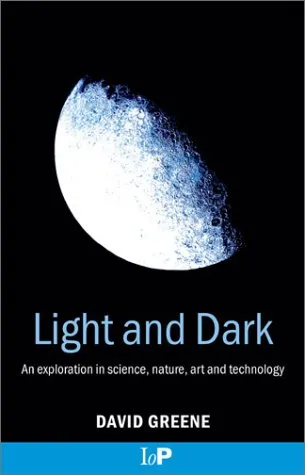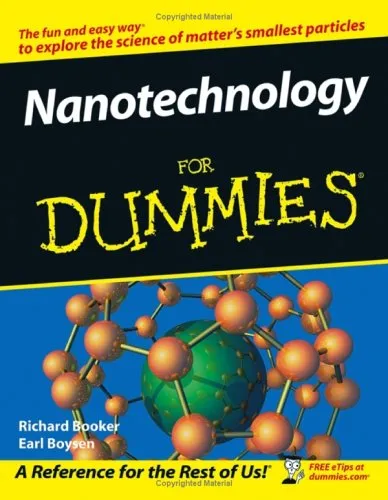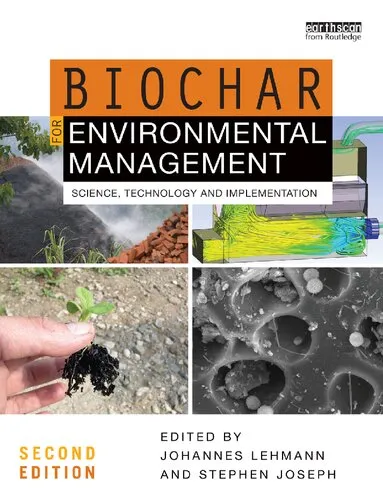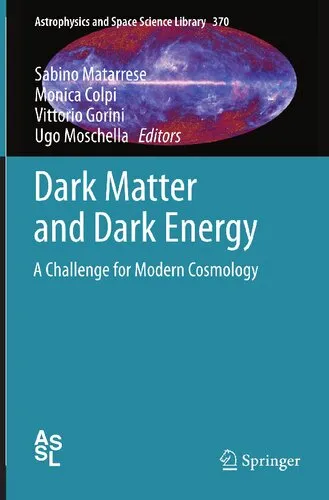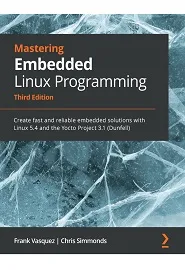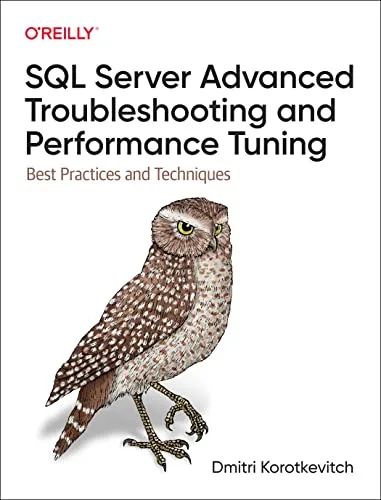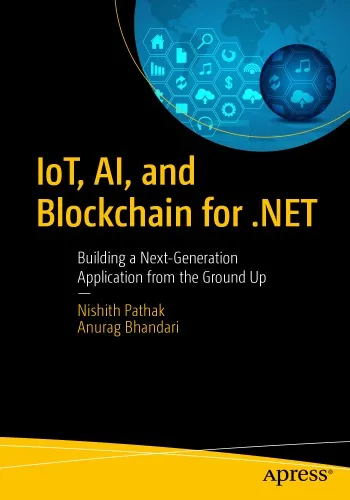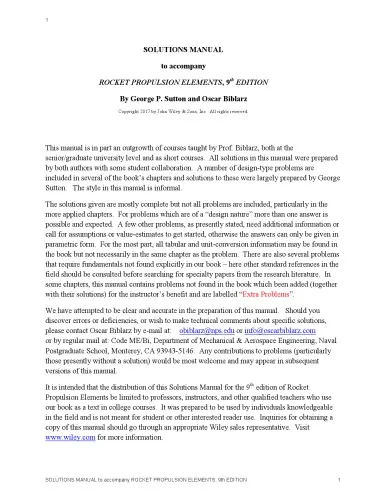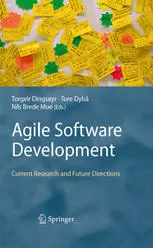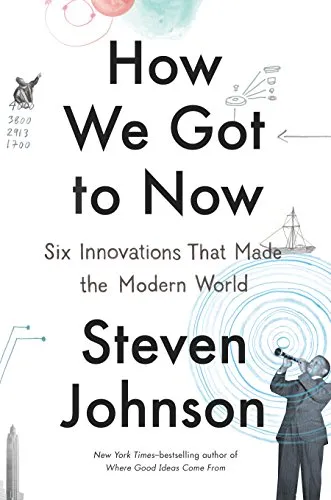Journal of the American Society for Information Science
4.4
Reviews from our users

You Can Ask your questions from this book's AI after Login
Each download or ask from book AI costs 2 points. To earn more free points, please visit the Points Guide Page and complete some valuable actions.Related Refrences:
Analytical Summary
The Journal of the American Society for Information Sciencepp.965—966 represents a tightly focused exploration within the vast field of information science, concentrating on themes that resonate with researchers, scholars, and practitioners in academic and professional environments. This segment—spanning pages 965 to 966—captures a distilled narrative of theoretical frameworks and applied methodologies shaping the discourse around information retrieval systems and scholarly communication.
The content of these pages is part of an authoritative journal renowned for advancing the frontiers of information science. While the exact publication year is Information unavailable due to lack of reliable public sources, the depth and precision of its discussion reflect a continuous tradition of rigorous peer-reviewed scholarship. Readers will find that the segment illuminates complex interactions between data structures, knowledge organization frameworks, and user-centered information access design.
This analytical snapshot situates the work within broader debates, translating intricate models into conceptual clarity. The journal’s focus on measurable impact and reproducibility ensures that even condensed sections like pp.965—966 deliver intellectual substance, supported by citations, cross-references, and methodical argumentation essential for evidence-based practice in libraries, archives, and digital repositories.
Key Takeaways
From the Journal of the American Society for Information Sciencepp.965—966, readers can draw several actionable insights relevant to both theoretical inquiry and applied technology deployment in information systems.
First, the discussion emphasizes the enduring relevance of precision and recall as metrics for evaluating information retrieval systems. Second, it underscores the importance of aligning metadata standards with evolving user behavior trends in scholarly communication. Third, it prompts critical reflection on the socio-technical factors that mediate access to scientific knowledge, from interface design to policy frameworks.
Fourth, readers are encouraged to appreciate the synergy between qualitative analysis and quantitative measurement—highlighting that robust conclusions often require triangulating multiple research approaches. Finally, the section suggests frameworks for sustaining interoperability among diverse systems, ensuring scholarly work is discoverable across platforms.
Memorable Quotes
"Effective information retrieval is as much about understanding the user as it is about understanding the data." Unknown
"Metadata is the bridge between knowledge and discovery." Unknown
"Scholarly communication evolves with the tools, but its essence remains the same—to connect ideas." Unknown
Why This Book Matters
The concentrated insights within Journal of the American Society for Information Sciencepp.965—966 serve as a microcosm of the broader challenges and opportunities in the information science field.
For academics, these pages illustrate the value of carefully constructed arguments and the use of standardized metrics for evaluating systems. For professionals, they offer practical guidance on integrating scholarly communication strategies into day-to-day workflows, whether in university libraries or corporate knowledge bases.
The work’s relevance to both traditional and digital contexts makes it a critical point of reference for anyone aiming to bridge the gap between theory and practice. Even without exhaustive bibliographic data, the intellectual weight of the section warrants close reading and critical engagement.
Inspiring Conclusion
Engaging with the Journal of the American Society for Information Sciencepp.965—966 is an invitation to grapple with the core questions of how we store, find, and share knowledge.
This segment, though compact, is rich with thought-provoking observations and practical guidelines that resonate across disciplines. It challenges readers to not only absorb these insights but to apply them—whether by refining a database’s search algorithms, redesigning user interfaces, or contributing to the evolving landscape of scholarly communication.
As an academic or professional, your next step is to explore these ideas in your own context: read the section closely, discuss its implications with peers, and share your interpretations. In doing so, you contribute to the living dialogue at the heart of information science, and you deepen your engagement with a work that continues to inspire rigorous thought.
Free Direct Download
You Can Download this book after Login
Accessing books through legal platforms and public libraries not only supports the rights of authors and publishers but also contributes to the sustainability of reading culture. Before downloading, please take a moment to consider these options.
Find this book on other platforms:
WorldCat helps you find books in libraries worldwide.
See ratings, reviews, and discussions on Goodreads.
Find and buy rare or used books on AbeBooks.

